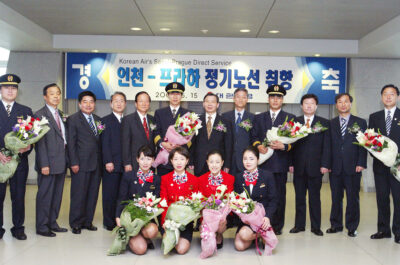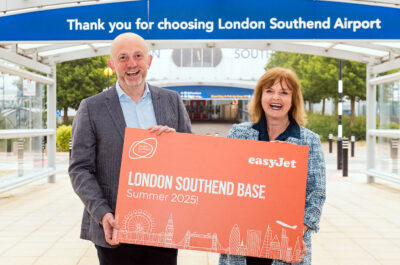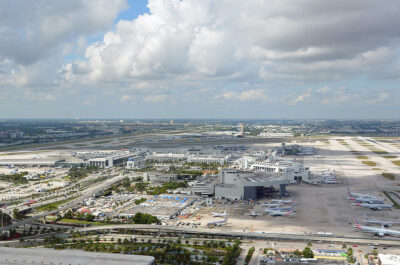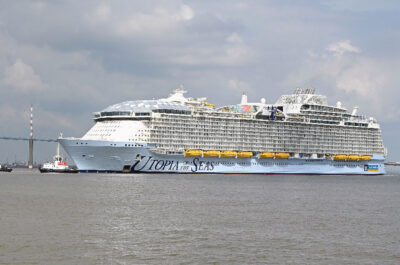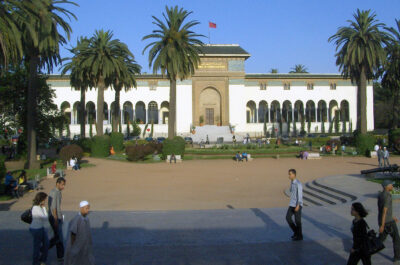…
Virgin Atlantic, one of the world’s leading long-haul airlines, urged the European Commission to reject the planned virtual merger between two of the world’s biggest airlines, BA and American Airlines. In an extensive document submitted to the European Commission competition authorities Virgin Atlantic says that BA and American Airlines, if allowed to combine, would use their market power to raise fares, adjust schedules to keep out competitors and cut off connecting feeder traffic to other carriers at Heathrow. In addition, they would reinforce their market power through a combined Frequent Flyer Programme which no competitor at Heathrow could replicate.
Steve Ridgway, Chief Executive of Virgin Atlantic, said: “We urge the European Commission to reject outright this third attempt by BA and AA to stifle competition between Heathrow and the US. Their virtual merger would lock-up one of the world’s busiest air corridors against new and existing competition, increase BA’s grip on the most constrained international airport in the world and cause grave harm to consumers with higher prices.”
Six routes between Heathrow and the US currently benefit from BA and AA operating independently, competing fiercely for corporate customers, independent travellers and connecting passengers. Five of these six routes, including LHR-JFK; LHR-ORD; LHR-BOS; LHR-MIA and LHR-LAX are in the top seven for Heathrow-US passenger numbers, with Heathrow being by far the busiest and most important European gateway for traffic to and from the US. By combining on these routes, BA and AA would form a virtual merger which:
- would dominate all six of the overlap routes in capacity, traffic and schedules
- would dominate traffic between Heathrow and the US particularly for time-sensitive travellers and corporate customers which require a broad network of routes from Heathrow
- would dominate connecting traffic using Heathrow-US routes, particularly traffic connecting at Heathrow but also at AA hubs
- would enjoy a largely unfettered ability to defeat competition because it would have by far the best access to slots at Heathrow, where new entry or competitor expansion is severely constrained and much more so than at any other comparable airport in Europe
BA/AA would have a monopoly or be dominant on some of the busiest and most profitable routes between the US and Heathrow. BA/AA would control 64% of the capacity between JFK New York and Heathrow; 64% between Chicago and Heathrow; 80% between Boston and Heathrow; 73% between Miami and Heathrow; and 100% between Dallas Fort Worth and Heathrow and Seattle and Heathrow.
Steve Ridgway added: “Even if BA and AA were forced to give up slots at Heathrow, these so-called slot remedies on their own would not be suitable as they would be insufficient to reinstate any effective level of competition. They would not cancel out anticompetitive effects arising out of the increased network reach planned by BA and AA.”
BA on its own is already bigger between Heathrow and the US than the Star Alliance is from Frankfurt to the US or SkyTeam is from Paris to the US. Heathrow, which is totally full, accounts for nearly a quarter of all passengers travelling between Europe and the US.
























































